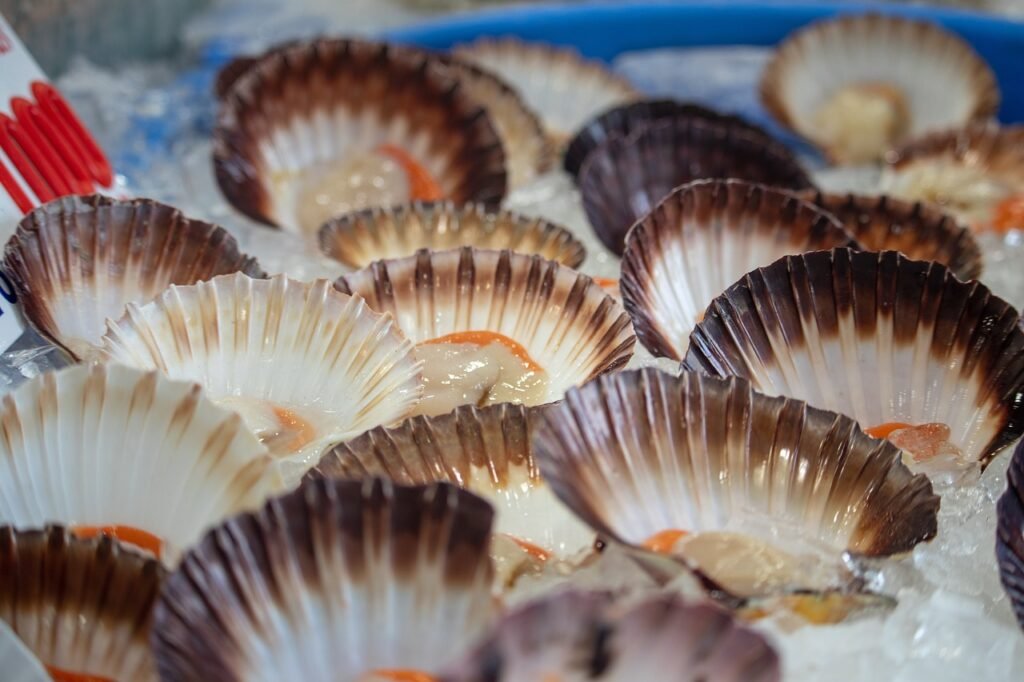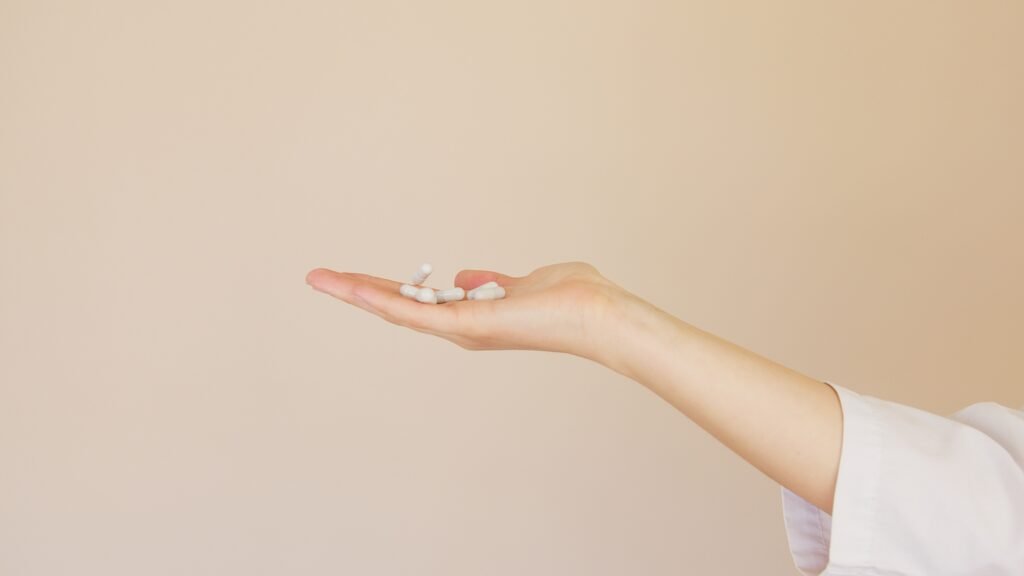Vitamins are essential for our bodies to function optimally, and Vitamin B12 is no exception. This water-soluble vitamin is critical for nerve function, DNA synthesis, and the formation of red blood cells. Unfortunately, many individuals unknowingly suffer from Vitamin B12 deficiency, leading to a host of health problems. In this comprehensive blog post, we’ll explore the signs of Vitamin B12 deficiency and reveal how consuming clams, a nutrient-dense seafood delicacy, can serve as a natural and effective solution to combat this deficiency.
Section 1: Understanding Vitamin B12 Deficiency
Vitamin B12, also known as cobalamin, plays a pivotal role in numerous bodily functions. It is primarily found in animal-based products, such as meat, fish, eggs, and dairy. Absorbed through the small intestine with the help of intrinsic factor, Vitamin B12 is stored in the liver for several years, making it possible for deficiencies to remain undetected until symptoms become pronounced.
Section 2: Common Signs of Vitamin B12 Deficiency
Vitamin B12 deficiency can be insidious, with symptoms often overlapping with other health issues. However, identifying these signs early on is crucial for timely intervention. Below are the common signs of Vitamin B12 deficiency:
- Fatigue and Weakness: An unexplained and persistent feeling of tiredness, even after sufficient rest, could indicate low Vitamin B12 levels, which are necessary for red blood cell production and energy metabolism.
- Pale or Jaundiced Skin: Inadequate red blood cells can lead to paleness or a yellowish tint in the skin, as well as other mucous membranes.
- Numbness and Tingling: B12 deficiency can cause damage to the nerves, leading to sensations of pins and needles, particularly in the hands and feet.
- Cognitive Impairment: Difficulty concentrating, memory problems, and brain fog may arise due to the impact of Vitamin B12 on cognitive function.
- Mood Changes: Low B12 levels can disrupt neurotransmitter balance, contributing to mood swings, irritability, and even depression.
- Glossitis and Mouth Ulcers: B12 deficiency may lead to inflammation of the tongue (glossitis) and painful mouth ulcers.
- Shortness of Breath and Dizziness: Decreased oxygen-carrying capacity in the blood can result in shortness of breath and dizziness.
- Balance Issues and Ataxia: Long-term deficiency can affect the cerebellum, leading to balance problems and a condition known as ataxia.
Section 3: The Clam Solution – A Natural Source of Vitamin B12
Enter clams, a hidden gem of the ocean that can play a significant role in restoring optimal Vitamin B12 levels. Clams, as a seafood delicacy, offer a wide array of health benefits, with their rich Vitamin B12 content being one of the most prominent.
- Abundance of Vitamin B12: Clams are among the most concentrated natural sources of Vitamin B12. Just a 3-ounce serving of cooked clams provides well over 1000% of the recommended daily intake for adults.
- Enhanced Bioavailability: Not all dietary sources of Vitamin B12 are equally effective. However, the B12 found in clams is in a highly bioavailable form, making it easier for our bodies to absorb and utilize.
- Additional Nutrients: Clams are not only a great source of Vitamin B12 but also contain essential nutrients like iron, zinc, selenium, and omega-3 fatty acids, which promote overall health and well-being.
Section 4: How to Incorporate Clams into Your Diet
The delicious and versatile nature of clams makes them an easy addition to various culinary creations. Here are some delightful ways to enjoy clams and reap their Vitamin B12 benefits:
- Classic Clam Chowder: Indulge in the creamy goodness of clam chowder, combining clams with vegetables and spices for a comforting meal.
- Linguine with Clam Sauce: Serve up a delectable linguine with clam sauce, boasting the flavors of garlic, white wine, and fresh herbs.
- Grilled Clams: Embrace a smoky twist by grilling clams with a delectable garlic herb butter sauce.
- Clam and Vegetable Stir-fry: Prepare a nutritious stir-fry by combining clams with an array of colorful vegetables, tossed in a savory sauce.
- Clam Salad: Create a refreshing clam salad with fresh greens, cherry tomatoes, and a zesty dressing.
Section 5: Ensuring a Balanced Diet
While clams offer an excellent source of Vitamin B12, it’s essential to maintain a well-rounded diet to meet all nutritional needs. For those following a vegetarian or vegan lifestyle, other sources of Vitamin B12 include fortified cereals, nutritional yeast, and B12 supplements. However, clams provide a delectable and natural option for individuals who consume seafood.
Conclusion
Vitamin B12 deficiency can lead to numerous health challenges, but identifying its signs and implementing appropriate measures can help alleviate the condition. Clams, with their abundance of Vitamin B12 and additional health benefits, offer a natural and flavourful solution to address this nutritional imbalance. By incorporating clams into our diets through a variety of appetizing dishes, we can indulge in both taste and health, working towards a vibrant and energized lifestyle. Remember to consult with a healthcare professional for personalized dietary recommendations, and let clams be your delicious ally in the fight against Vitamin B12 deficiency.




